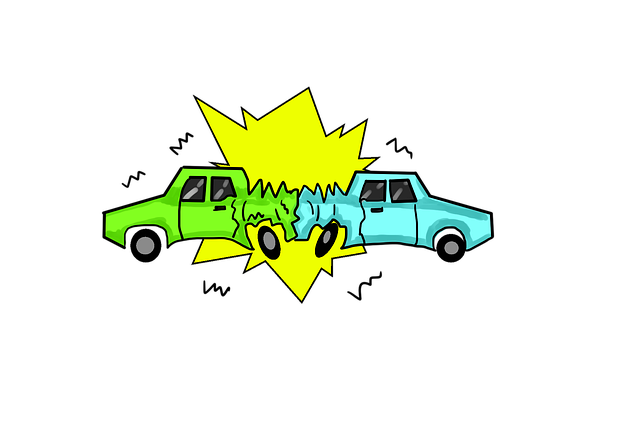Understanding fee structures is key when choosing a Miami whiplash lawyer. Rates vary based on case complexity, damages, and attorney experience, with options like hourly rates ($150-$600/hour) or flat fees. Contingent fee arrangements offer cost protection but require early discussions. Considering factors like case severity, time investment, and local market dynamics, clients can make informed decisions and ensure transparency in legal processes for their Miami whiplash lawyer case.
In Miami, navigating legal fees for a Miami whiplash lawyer can be complex. This article illuminates the intricacies of attorney charging structures in the context of whiplash cases, empowering individuals to make informed decisions. We’ll explore common fee arrangements, from hourly rates to contingent fees, delving into factors that dictate these structures. Additionally, we’ll dissect cost vs. retainer agreements, helping you understand the financial commitment involved in securing legal representation for your whiplash claim.
- Exploring Common Fees in Miami Whiplash Law
- Factors Influencing Attorney Charging Structure
- Understanding Cost vs. Retainer Agreements
Exploring Common Fees in Miami Whiplash Law

When exploring Miami whiplash lawyer services, understanding fees is a critical step for any client. Legal fees in such cases can vary greatly based on several factors, including the complexity of the personal injury case, the extent of damages, and the lawyer’s experience level. Many Miami whiplash lawyers operate on a contingent fee basis, which means they only get paid if the case results in a settlement or judgment in favor of the client. This structure is beneficial for clients as it shields them from upfront costs, but it’s essential to discuss potential fees and any associated contingencies early on.
Commonly, Miami whiplash lawyers will charge an hourly rate, which can range from $150 to $600 per hour, or a flat fee for specific services like case evaluation or settlement negotiations. Insurance coverage disputes and breaches of contract related to the incident may also be part of the legal landscape in such cases. Therefore, knowing what fees are involved allows clients to make informed decisions about their legal representation and ensures transparency throughout the process.
Factors Influencing Attorney Charging Structure

When considering the charging structure for a Miami whiplash lawyer, several factors come into play. These include the complexity and severity of the case, the amount of time and effort required to resolve it, and the legal fees associated with operating a law firm in the area. Auto accident lawyers often negotiate settlements or represent clients in court, both of which demand significant investment in terms of time and expertise. Cases involving personal injuries, especially those that lead to long-term medical care needs, can be complex and thus command higher rates.
Moreover, Miami’s competitive legal landscape influences how much an attorney charges. With many qualified Miami whiplash lawyer options available, firms often differentiate themselves through their charging structures. Some may offer a flat fee for specific services, while others might bill hourly, taking into account the unique nuances of each client’s situation. It’s also important to consider that successful settlements, including wrongful death cases, can result in higher attorney fees due to the potential for larger damages awarded.
Understanding Cost vs. Retainer Agreements

When considering legal representation for a Miami whiplash lawyer case, understanding cost structures is paramount. Two prevalent options are cost (or hourly) agreements and retainer agreements. Cost agreements mean clients pay the lawyer by the hour worked, with rates varying widely depending on the attorney’s experience and specialization, such as auto accident lawyer or medical malpractice settlement cases. Retainer agreements, on the other hand, involve a set fee for specific services, often tied to the complexity of the case. For personal injury claims, these structures allow clients to budget effectively while ensuring their legal needs are met.
Retainers can provide clarity and predictability in fees, as the client knows exactly what they’ll pay upfront. However, cost agreements offer flexibility during the case’s progression, as hourly rates might adjust based on unforeseen circumstances. Many Miami whiplash lawyer firms offer a mix of these models to cater to different preferences and budgets. Choosing the right agreement depends on the specifics of your personal injury claims and your financial comfort level, ensuring you receive quality legal service tailored to your needs.
When considering a Miami whiplash lawyer, understanding fee structures is paramount. By exploring common fees, recognizing factors that influence charging models, and comprehending cost versus retainer agreements, clients can make informed decisions. This knowledge equips individuals to navigate the legal process with confidence, ensuring they receive fair compensation for their injuries.






